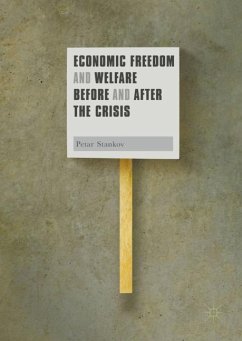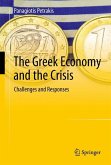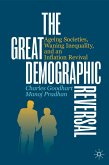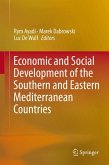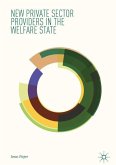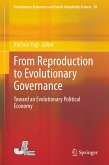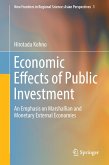This book offers an extensive review of market-oriented economic reforms since 1970, and considers the question of whether more liberal economic policy yields greater social welfare. The author demonstrates that, despite the widespread uniformity of economic policy across countries over the past 45 years, welfare differences persist. Stankov posits that the crisis has stalled the momentum of economic freedom reforms across the globe and policy agendas have gradually shifted from pro-market to pro-redistribution. The book argues that this shift is inevitable: market-oriented economics, Stankov notes, is the natural bedfellow of populism. Through rigorous empirical methodology and the use of various case studies, Stankov is among the first to offer an empirical explanation.
Bitte wählen Sie Ihr Anliegen aus.
Rechnungen
Retourenschein anfordern
Bestellstatus
Storno

